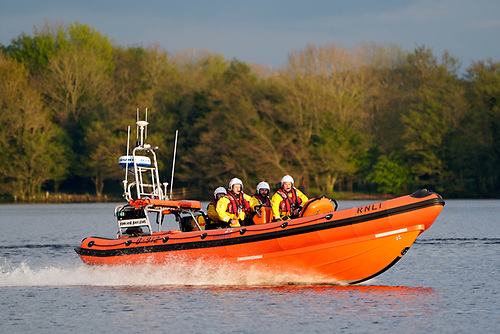Displaying items by tag: Agreement (provisional)
Provisional Agreement between EU Parliament & Council to Improve Stability Requirements for ‘Ro-Ro’ Passenger Ships
The European Parliament and Council have reached a provisional political agreement on amending the current legislation in order to improve stability requirements for roll-on/roll-off (ro-ro) passenger ships.
The amended directive will play an important part in ensuring the safety of these vessels in the EU, in accordance with the new international standards in the field (SOLAS Convention).
‘Ro-ro’ passenger ships provide numerous maritime links within member states, between member states and with third countries. They are therefore of major importance to passenger and freight transport in Europe. The revised directive is also a direct consequence of one of the worst maritime accidents in European waters, the sinking of the ‘Estonia’ in 1994.
The new legislation ensures, as far as possible, consistency with international standards for the stability of damaged passenger ships, which were recently updated by the International Maritime Organization (IMO) under the 2020 International Convention for the Safety of Life at Sea (SOLAS Convention).
The IMO is introducing a new model for assessing the survivability of damaged ro-ro passenger ships, as well as new related requirements. However, these new international standards appear to be insufficient in the light of the requirements already in force in the Union for new small vessels, which is why the new law maintains a level of safety requirements equivalent to existing Union law for those ships.
The revised directive also aims to strengthen fleet entry requirements within the Union for existing large vessels that have not yet been certified in the Union. The text of the provisional political agreement maintains the general purpose of the initial Commission proposal, with the exception of the extension of the transposition deadline from 12 to 18 months.
Next Steps
Today’s provisional political agreement is now subject to approval by the two co-legislators. On the Council side, the Czech presidency intends to submit the agreement to the member states’ representatives (Coreper) as soon as possible with a view to its formal approval by the Council.
To dowload the Commission proposal, click here for further links.
Also available here is the Directive 2003/25/EU.





























































